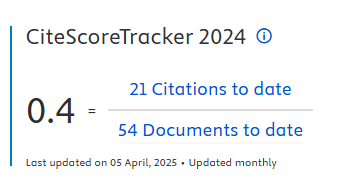How to use Big Data technologies to optimize operations in Upstream Petroleum Industry
DOI:
https://doi.org/10.5585/iji.v1i1.4Keywords:
Big Data, Analytics, Upstream Petroleum Industry, Knowledge Management, KM, Business Intelligence, BI, Innovation, Decision-making under UncertaintyAbstract
“Big Data is the oil of the new economy” is the most famous citation during the three last years. It has even been adopted by the World Economic Forum in 2011. In fact, Big Data is like crude! It’s valuable, but if unrefined it cannot be used. It must be broken down, analyzed for it to have value. But what about Big Data generated by the Petroleum Industry and particularly its upstream segment? Upstream is no stranger to Big Data. Understanding and leveraging data in the upstream segment enables firms to remain competitive throughout planning, exploration, delineation, and field development.
Oil & Gas Companies conduct advanced geophysics modeling and simulation to support operations where 2D, 3D & 4D Seismic generate significant data during exploration phases. They closely monitor the performance of their operational assets. To do this, they use tens of thousands of data-collecting sensors in subsurface wells and surface facilities to provide continuous and real-time monitoring of assets and environmental conditions. Unfortunately, this information comes in various and increasingly complex forms, making it a challenge to collect, interpret, and leverage the disparate data. As an example, Chevron’s internal IT traffic alone exceeds 1.5 terabytes a day.
Big Data technologies integrate common and disparate data sets to deliver the right information at the appropriate time to the correct decision-maker. These capabilities help firms act on large volumes of data, transforming decision-making from reactive to proactive and optimizing all phases of exploration, development and production. Furthermore, Big Data offers multiple opportunities to ensure safer, more responsible operations. Another invaluable effect of that would be shared learning.
The aim of this paper is to explain how to use Big Data technologies to optimize operations. How can Big Data help experts to decision-making leading the desired outcomes?
Keywords:
Big Data; Analytics; Upstream Petroleum Industry; Knowledge Management; KM; Business Intelligence; BI; Innovation; Decision-making under Uncertainty
Downloads
Downloads
Published
How to Cite
Issue
Section
License
Copyright (c) 2018 International Journal of Innovation

This work is licensed under a Creative Commons Attribution-NonCommercial-NoDerivatives 4.0 International License.
- Abstract 655
- PDF 396












